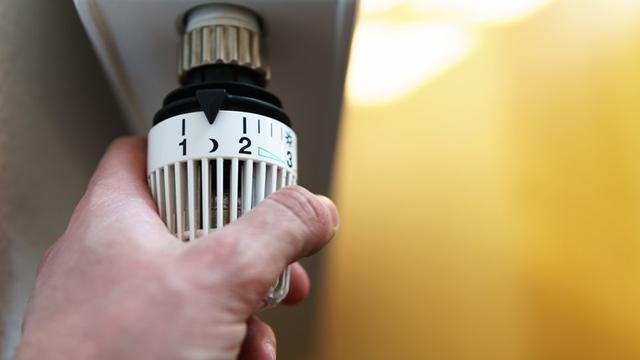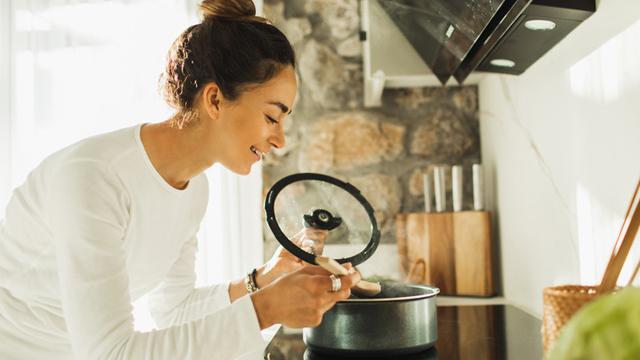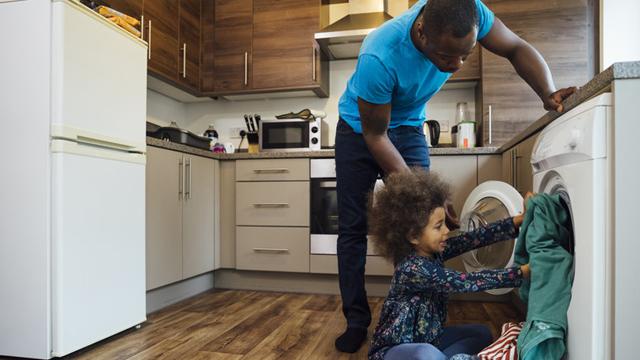10 tips for saving energy in your home
Taking steps to improve the energy efficiency of your home is an effective way to save money on fuel bills this winter and in the long term.
According to the Energy Saving Trust, a typical UK home could save up to £356 a year on bills by making simple changes to the way you use energy. Many of these changes will also make a positive impact on the environment by reducing your household’s carbon emissions.
Here are some quick and easy actions you can take to reduce your energy usage and therefore your bills:
1. Adjust your combi boiler flow temperature to 60°C or below
Turning down the flow temperature on your combi boiler to 60°C or below can knock £££s off your heating bill each year and reduce energy waste from your home.
If 10 million households turned down the flow temperature on their combi boilers to 60°C or below it could wipe £1 billion off UK energy bills and save 1.7 million tonnes of carbon emissions – the equivalent of nearly six million transatlantic flights.
Find out more with Nesta’s Money Saving Boiler Challenge.

2. Heat the right places at the right times
Make sure your radiators aren’t covered or blocked by furniture, so the heat can get into the room. Fitting radiator reflector panels will also help to reflect heat back into the room.
If possible, turning down the radiators in rooms that you aren’t using will also help to conserve energy and make further savings.
Set the timer on your central heating, to make sure your property is being heated only when needed.
3. Be mindful of hot water use
Reducing your shower time to four minutes could save a typical household around £60 a year on energy bills.
If you tend to have baths, swapping one bath a week with a four-minute shower could save £9 a year.
If you have a hot water cylinder, make sure it’s insulated. British Standard tank jackets usually measure at least 75mm thick, but the best insulation is achieved with 80mm thickness and can save up to £40 a year.

4. Don’t boil more water than you need
Around 4% of the typical energy bill is spent on powering kitchen appliances, including the kettle, hob and oven.
By only boiling as much water as you need, rather than overfilling the kettle, you could save around £10 a year on your electricity bill.
5. Unplug your ‘Vampire Devices’
So named because they drain power when left plugged in or on standby mode, switching off vampire devices could typically save £45 a year according to the Energy Saving Trust.
Vampire devices that drain the most electricity include:
- Smart speakers and smart home devices
- Set top boxes and recorders
- TVs
- Microwaves
- Phones, tablets, computers and laptops left on charge
6. Think about how you’re lighting your home
This one may seem obvious, but lighting makes up 11% of the average UK household electricity consumption so it’s definitely worth keeping in mind. Turning off lights when you’re not using them, or when you leave a room, could save around £7 a year on your annual energy bills.
Replacing the bulbs in your home with LED lights can lower your electricity bill even more and also reduce your home’s carbon dioxide emissions by up to 35kg a year – equivalent to driving your car around 100 miles.

7. Consider when – and how – you use your washing machine
You can save around £24 a year on your energy bills by following the steps below:
- Run your washing machine on a 30-degree cycle.
- Reduce your washing machine use by one run per week for a year.
- Always use your washing machine on a full load or use a half-load programme for smaller loads.
8. Run the dishwasher one less time each week
Reducing your dishwasher use by one run per week could save around £12 a year. Try to only run the dishwasher once it’s full – this will also reduce the amount of water you use.
9. Use tumble dryers sparingly
Avoid using the tumble dryer for your clothes unless it’s absolutely necessary and save up to £50 a year. When the weather doesn’t allow for drying clothes outside, hang them on racks inside your home where possible.
10. Draught-proof windows and doors
Older homes lose heat through draughts around doors and windows, gaps around the floor or through the chimney. Professional draught-proofing of windows and doors, and blocking cracks in floors and skirting boards, can save around £80 a year on heating bills.
Other simple draft proofing measures – such as closing curtains, your letterbox and keyhole covers, and chimney balloons – can also help keep the warmth in and cold out.
Ask Alexa for energy-saving tipsThe UK government have collaborated with Amazon’s Alexa to help make energy-saving advice easier to access. When prompted, Amazon’s smart speaker will provide information on how to conserve energy in your home. |
Last updated: 25 November 2024
The information in this article is intended as a factual explainer and does not necessarily reflect National Grid's strategic direction or current business activities.
